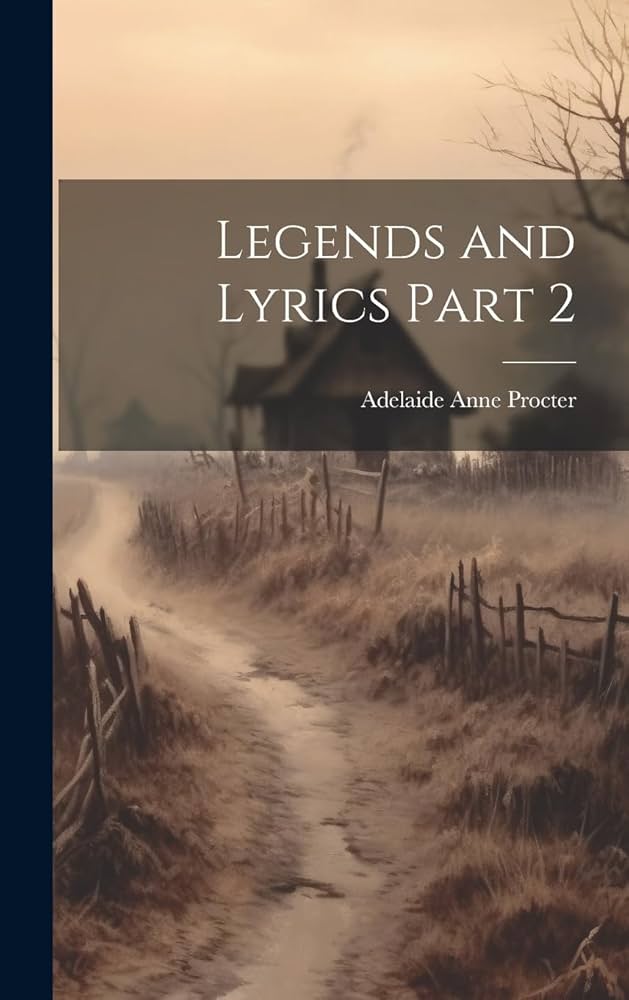VERSE: A Letter
byA Letter begins with the quiet longing of someone who attempts to translate overwhelming love into lines on a page. The speaker sits with pen in hand, imagining the exact words that might reflect the shape of their heart. Each sentence is crafted with care, but none feel quite complete. Language seems too fragile to hold something so powerful and intimate. A sigh escapes as the speaker realizes that eye contact, a shared silence, or the warmth of touch would speak louder than ink ever could. There’s beauty in that quiet truth—a recognition that presence often means more than poetry.
The act of writing becomes both a comfort and a conflict. While the letter allows emotion to flow freely, it also invites doubt. Questions circle: What if the reader is distracted, tired, or not ready to receive this depth? Timing suddenly feels like a barrier, and the weight of the moment seems too sacred to leave to chance. So the speaker pauses, letting the paper sit untouched, folded and unsent. Not out of fear, but from reverence—a feeling that something so personal deserves more than a mailbox. Pride doesn’t stop the letter; love does. Because real love, the kind that whispers rather than shouts, sometimes chooses patience over urgency.
As the sun begins to fall below the horizon, a quiet surrender fills the speaker’s heart. There’s a shift in perspective—not of giving up, but of trusting something bigger than language. Love, after all, has its own current. Maybe it doesn’t need to be delivered through stamps and stationery. Maybe, just maybe, feelings can reach someone through thought, through memory, through that invisible thread that binds hearts even when miles apart. The speaker sends nothing, yet sends everything, believing that their beloved might feel the echo of their care at just the right time. It’s a choice rooted not in despair, but in a deeper kind of hope.
This realization isn’t born from fantasy—it reflects something many lovers quietly understand. That love can live in shared glances, parallel thoughts, or the way someone crosses your mind exactly when you needed them most. Emotional connection doesn’t always need validation to exist; sometimes, it exists best in its gentlest, most silent form. The unsent letter becomes a symbol of this deeper language—one that doesn’t need to be read aloud to be understood. When feelings are honest, they seem to travel across time and space, carried by intuition, memory, and the ache of wanting to be near.
The poem shows how love, when genuine, can be restrained not because it’s weak but because it’s full of care. Holding back a message isn’t always an act of cowardice; it can be a sign of strength, of waiting for the right moment. There’s courage in believing that someone will understand your silence. That maybe, in their own stillness, they are listening. This way of loving is not loud, but it is lasting. It values presence over proof and understanding over reaction. And in that quiet strength, love finds its truest voice.
The beauty of this message lies in its timelessness. Across generations and cultures, people have sat with words they never sent, hoping that the love behind them still mattered. Some letters are sealed with ink; others are sealed with intention. What A Letter offers is a gentle reminder that the purest emotions don’t always need grand declarations. Sometimes, they just need to be felt. And when they are, they leave a mark no less real than any page or poem ever could.
In a world full of messages demanding instant delivery, this story leans into stillness. It teaches that real connection is not bound by time, distance, or even the limitations of language. Whether the letter is sent or not, what matters is that love was felt deeply, sincerely, and with clarity. And that kind of love—quiet, powerful, unspoken—is often the kind that stays. It lingers in sunsets, memories, and the unexplainable moments when someone feels loved without knowing exactly why.

